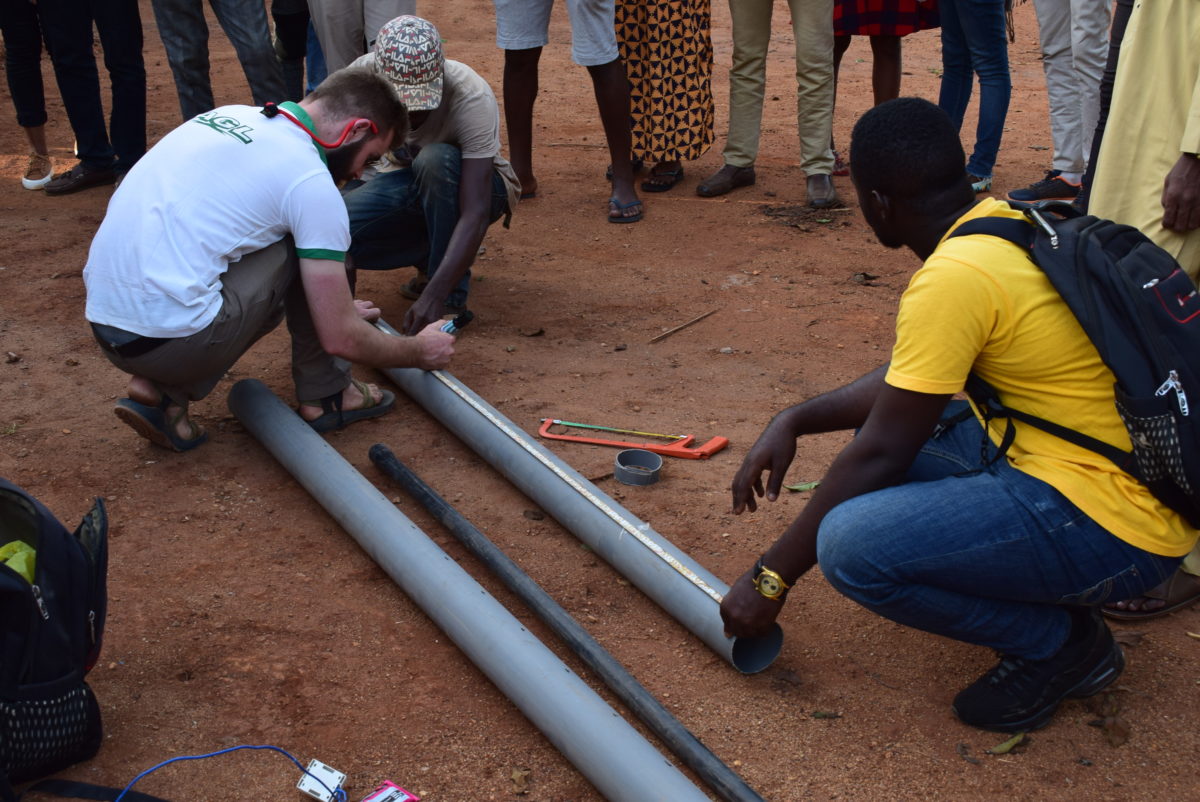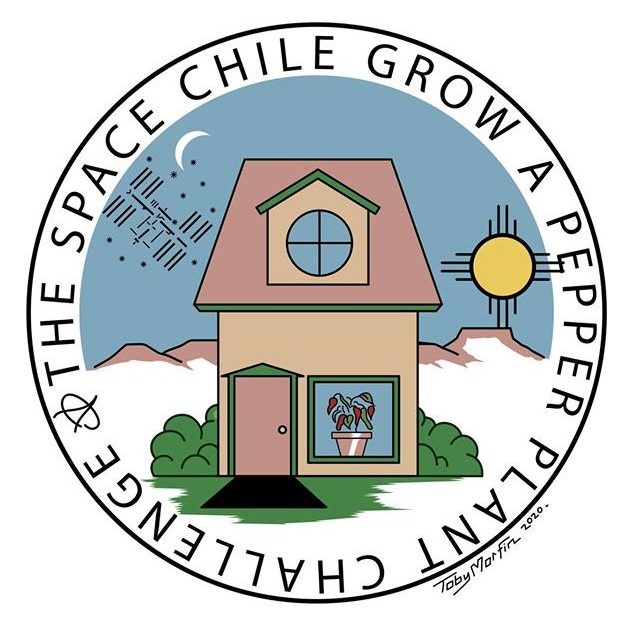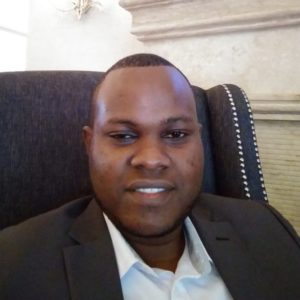Advancing Sustainable Farming Through Space Chiles
Last fall, NASA announced that its scientists had successfully harvested chile peppers grown on the International Space Station (ISS). Celebrating along with the astronauts were fellow chile-growers around the world, including several Mandela Washington Fellowship Alumni.
The challenge was an amazing opportunity to engage a global community that’s passionate about sustainable food production.”
Melvin Muna, 2021 Fellowship Alumnus, Kenya
Lessons in Combatting Food Insecurity
In November 2020, eligible Alumni and 2021 selected candidates who completed the Fellowship’s virtual Food Security in Crisis course were offered a suite of follow-on opportunities related to sustainable agriculture and combatting food insecurity.

These opportunities included a webinar and virtual consultations on hydroponic farming methods by Scott Massey, CEO of Helioponix; Q&A with NASA agricultural scientist LaShelle Spencer about her professional background and NASA research on growing nutritious produce in space; and participation in NASA’s “Space Chile Grow a Pepper Plant Challenge.”
This challenge—a collaboration launched in early 2020 by University of New Mexico’s Department of Biology and Jacob Torres, a research scientist at the NASA Kennedy Space Center—invited participants to mirror NASA scientists’ efforts to grow the hottest pepper they could using indoor, hydroponic methods. Participants received a small packet of pepper seeds and practical guidance to experiment with growing plants in controlled environments.

Through this challenge, participants had the opportunity to track their peppers’ growth data on an app and connect with an online global learning community of other challenge participants. They had the unique opportunity to not only replicate experiments currently in development for NASA space missions, but also to contribute to a growing body of research on agricultural production in inhospitable environments as a tool against food insecurity.
Advancing Sustainability Back Home
Fellows found these opportunities on sustainable agriculture and food security beneficial for both their technical knowledge and networks. 2021 Fellowship Alumnus Melvin Muna, a sustainable farming advocate from Kenya, particularly enjoyed the challenge’s international knowledge-sharing aspect.

“The challenge was an amazing opportunity to engage a global community that’s passionate about sustainable food production,” he said, one that was eager to share their experiences and farming practices for the benefit of others’ efforts.
Moving forward, Muna hopes to apply the lessons from this experience to advance sustainable farming practices in Africa.
“Participating in the challenge has helped me learn that growing plants in a controlled environment is an effective way to guarantee consistent food production,” he said. “I am a farmer who grows crops out in the field, but I face so many challenges…that affect the productivity of the farm. I have now been empowered to practice farming in a controlled environment, and I am even planning to set up my own in-door garden to grow capsicums and fresh vegetables.”
Written by Emily Miller
Next Story
Claudia Duarte Silva Gomes
2021 Fellowship Alumna, Cabo Verde